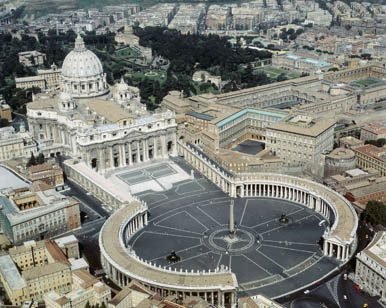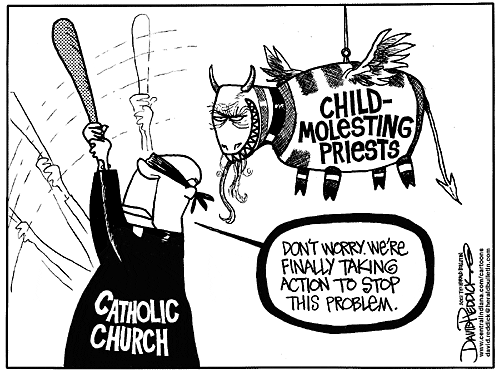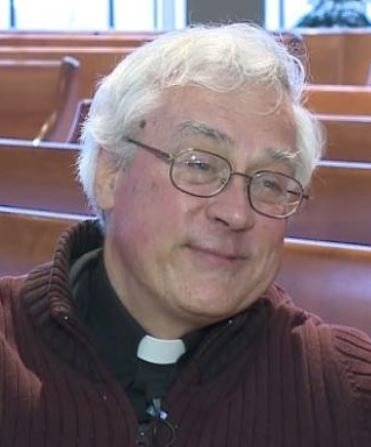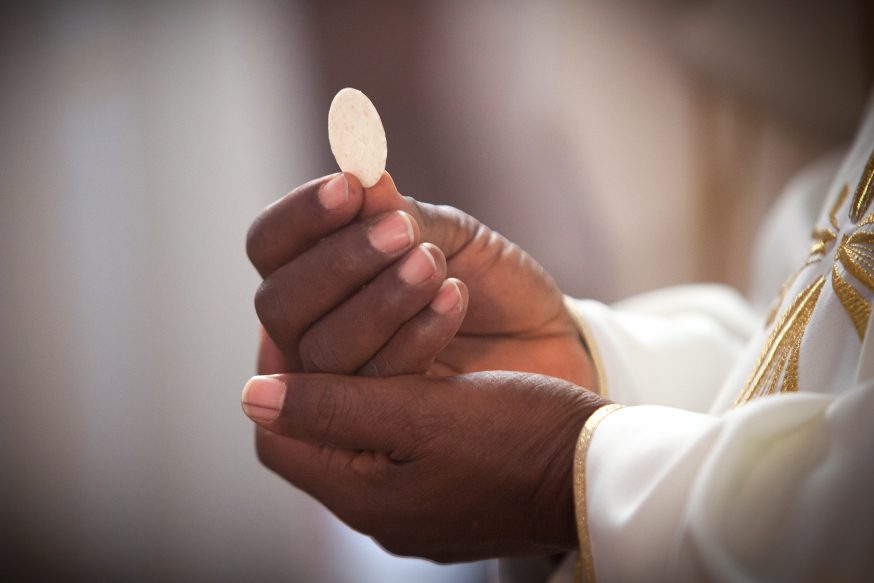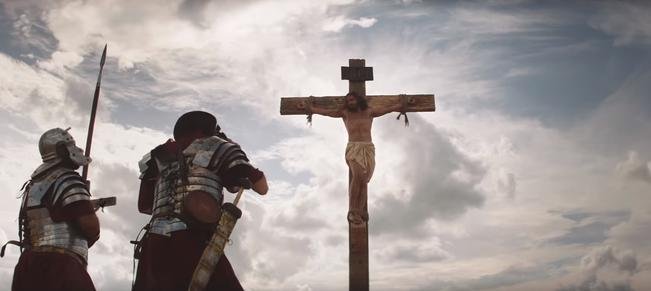
Christians are upset over a recent Australian ad featuring the man, the myth the legend Jesus Christ giving a thumbs up to organ donation.
Producer Richard Todd had this to say about why he used Jesus in the ad:
Look, I think you have to look at the intent. I was also brought up in a Christian family. The whole intent of this is to really look at what Jesus would do if he was alive in 2018. And seeing that religion is all about being selfless, you know this is the most selfless act anyone could do.
Director Richard Bullock explained:
I wanted to deliberately provoke a conversation in homes around the subject. I thought it would be amusing and relevant to find that the nicest and kindest man who ever lived – Jesus, wasn’t aware that his organ donor status was no longer on his license. Once I started writing I realised that the complexity of the Australian Organ donation could be explained. In the end Jesus donating his organs is exactly what I think Jesus WOULD do.
Christians took to comment sections to express their outrage (all spelling in the original):
I’m not impressed tax-payer dollars were spent on an advert which belittles the excruciating torture and gruesome sacrifice of my Lord Jesus Christ. Why is this mockery politically correct according to your views? It would be politically incorrect if you were making fun of people based on their gender, sexuality or race but Christianity is fair game, right?
To be so casual about Jesus’ crucifixion is taking humour denigrating Christ to a new low. If your aim was to divide opinion over the level of respect Jesus Christ and Christians should be given, you have suceeded. What you have not suceeded in is making organ donation the attractive talking point you had hoped for. I for one, will not give you the controversy you are hungry for. I will not be sharing this video with anyone, but I WILL be making a complaint.
If the intention was to increase awareness of organ donation and provide education on how to register, then it sadly barely achieves that goal. If the intention was to be disrespectful and blasphemous towards Christians and their God – then you nailed it. It is offensive to me as a Christian and I am not sure how the suggestions to denigrate other religions as well is helpful
How dare you mock my Lord Jesus! If this were mocking my race, colour, gender or sexual preference you would be breaking the law, and you think this is ok. Go ahead, keep mocking Christianity, you will surely reap what you are sowing. I am an organ donor, but today without fail I will cease to be until this add is pulled and a public apology given! I ask all my Christian brothers and sisters to do the same! Now when you notice all the Christian donors you are losing, maybe you will see the error of your ways! Just because Christians are taught to forgive, doesn’t mean we should be fair game.
More cowardly degeneracy from the left. Why don’t they mock the world’s other major religion? Oh yea because they are cowards.
THIS AD IS SO BLASPHEMOUS. JUST DISGUSTING AND SHAMEFUL. I DEFINITELY WILL NOT CONSIDER DONATING MY ORGANS DUE TO THIS EVIL AD. I’D LIKE TO SEE WHAT TROUBLE THEY WOULD GET INTO DOING AN AD WITH MAHOMMED, KRISHNA OR BUDDHA IN IT. THE CREATORS WOULD BE PUT IN JAIL OR BLOWN UP. YAHWEH (GOD) WILL POUR HIS WRATH ON THE CREATORS OF THIS ADD.
Jesus is my King and this is disgusting. Thank god he’ll be here soon to sought you lot out.
Mohammed probably would have been more appropriate he actually stayed dead. Gee I guess he was out of the question for some strange reason. Just another clown making fun of Jesus knowing he will only get forgiveness from Christians and not his head smacked in. Lucky Jesus taught forgiveness to his followers so the clowns can get away with this while they are still alive. This is just another nutjob all bent out of shape, triggered over Christianity at the end of the day , nothing more.
You would not dare to mock the Muslim faith in this way or the Aborigines Dreamtime in this way so what makes you think its okay to keep knocking the Christian faith. If you don’t have the creativity to make advertisements without hurting and offending people maybe you are in the wrong profession! This ad makes me want to remove myself from the organ donar list! Where are the regulators and why is this ad still up? Christians are peaceful, respectful, contributors to society, we deserve the same respect that is given to everyone else. It is deplorable that in a Christian country like Australia, the foundation stone of our faith can be so mocked and disrespected.
Dirty atheist dogs, I would love to meet the maker of this disrespectful clip. This is bigger than just disrespecting someone or someones family, this is our dear god the god of the world, Don’t think for a minute 1.3 billion Catholics are going to let this go. In any type of battle you want we will take it all the way, our history speaks for itself , when someone disrespects or makes misinformed lies about the Lord of lords our god Jesus Christ without any evidence to back up their message, they will pay for it. This is larger than life , if you want to make a criticizing attack on a religion and you can back it up with church teaching, religious text , etc , then you are entitled to do so , but this is gross misrepresentation of Jesus . We will not stand by idle and wait.
Disgusting !! The Lord God has long reaching arms and eventually catches up with everyone. I would not donate my organs in fear that people that promote this rubbish end up with them. I will change my consent in the morning to NO. I will not be donating.

